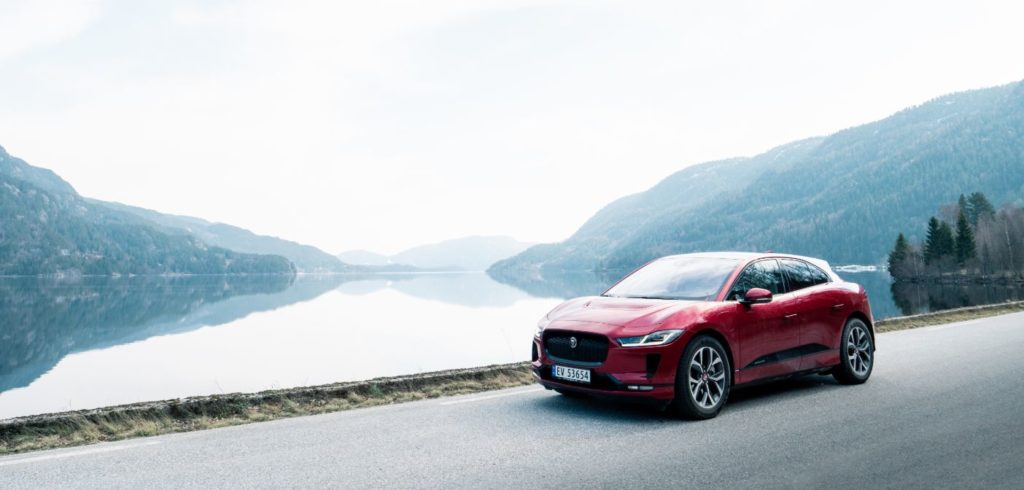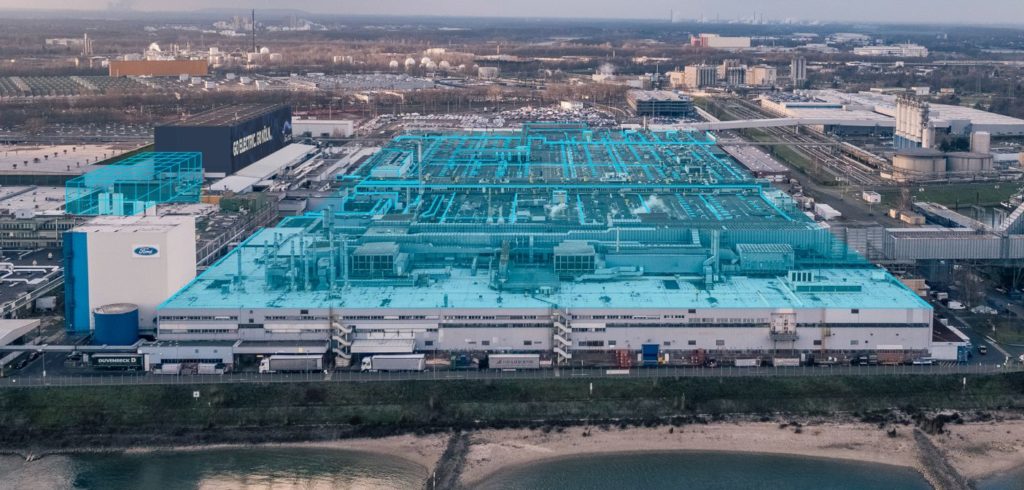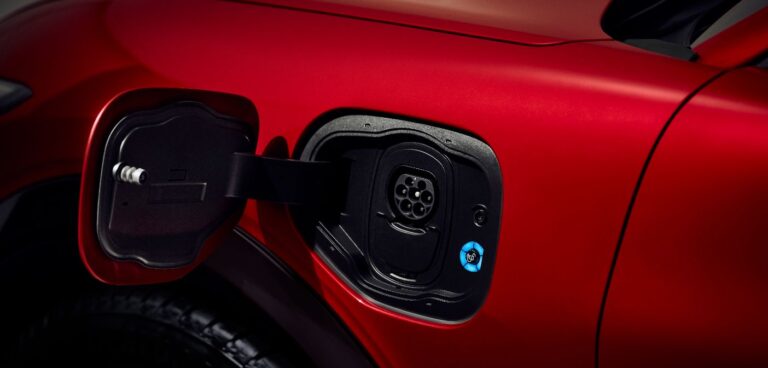Ford Motor Company and Jaguar Land Rover (JLR) are the latest carmakers to announce plans to shift their entire passenger vehicle ranges to all-electric by the end of the decade.
Ford today committed that, by mid-2026, 100% of its passenger vehicle range in Europe will be zero-emissions capable, all-electric or plug-in hybrid, and will be completely all-electric by 2030.
Similarly, Ford’s entire commercial vehicle range will be zero-emissions capable, all-electric or plug-in hybrid, by 2024, with two-thirds of its commercial vehicle sales expected to be all-electric or plug-in hybrid by 2030.
Likewise, earlier this week, JLR, owned by India’s Tata Motors, said the Jaguar brand will offer a complete EV range by 2025, Land Rover will launch six all-electric models in the next five years, the first of which will be in 2024, and all JLR models will be fully electric by 2030.
Both sets of plans come as automotive OEMs worldwide pursue zero-emission strategies to meet strict C02 emission targets. A number of countries, including the UK, have also announced bans on new fossil-fuel vehicle sales.

Ford’s announcement comes after it reported, in the fourth quarter of 2020, a return to profit in Europe and announced it was investing at least US$22bn globally in electrification through 2025, nearly twice the company’s previous EV investment plans.
“We successfully restructured Ford of Europe and returned to profitability in the fourth quarter of 2020. Now we are charging into an all-electric future in Europe with expressive new vehicles and a world-class connected customer experience,” said Stuart Rowley, president, Ford of Europe.
“We expect to continue our strong momentum this year in Europe and remain on track to deliver our goal of a six percent EBIT margin as part of Ford’s plan to turnaround our global automotive operations.”
At the heart of Ford’s advance into electrification is a new US$1bin investment to modernise its vehicle assembly facility in Cologne, Germany. The investment will transform the existing vehicle assembly operations into the Ford Cologne Electrification Center for the manufacture of EVs, Ford’s first such facility in Europe.

Ford also confirmed that its first European-built, volume all-electric passenger vehicle for European customers will be produced at the facility from 2023, with the potential for a second all-electric vehicle built there under consideration.
At JLR, the move to full product electrification is part of the British company’s Reimagine strategy, spearheaded by new CEO Thierry Bolloré. Under Bolloré, who took over the chief executive post from Ralph Speth in September 2020, JLR now wants to invest €2.8bn annually in electrification and the development of connected services.
In doing so, the company will not only develop battery-electric powertrains but will also work on hydrogen fuel-cell powertrains “to be ready for future demand”. In August last year, JLR announced that it was working with partners on the UK government-funded Zeus project to develop fuel-cell versions of its larger vehicles.
“As a human-centred company, we can, and will, move much faster and with clear purpose of not just reimagining modern luxury but defining it for two distinct brands,” said Bolloré.
“Brands that present emotionally unique designs, pieces of art if you like, but all with connected technologies and responsible materials that collectively set new standards in ownership. We are reimagining a new modern luxury by design.”
Both JLR and Ford join a growing list of automotive manufacturers to commit to an electric future. In November 2020, Bentley Motors, owned by Volkswagen, said it s model range will be fully electric by 2030. And last month, General Motors said it aimed to have a zero-emission line-up by 2035.





